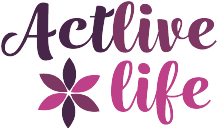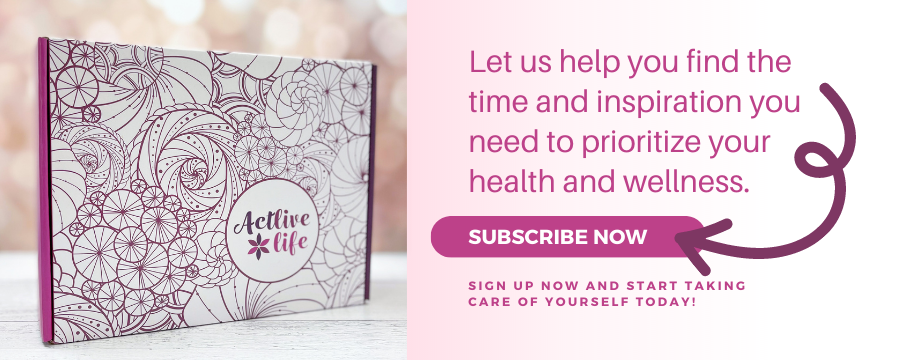If you're a beginner, taking the first step to get off the couch and working out can seem daunting. Starting off right can make a huge difference in your performance, make you stick to it long term, and bring many benefits to your life. Besides weight loss, exercising can also lower the risk of developing diseases, enhance your mood, boost your energy, improve your sleep, and much more.
Unlock Your Fitness Journey: 8 Essential Workout Tips for Beginners to Boost Consistency, Start Smart, and Achieve Realistic Goals
Here are eight essential workout tips for beginners:
Be Consistent
Most people fail on their fitness journey because they only focus on short-term goals like losing weight. However, the most important thing you should concentrate on as a beginner is developing a routine of exercising consistently. Studies show that it takes around 30 days to establish a new habit, so after this time, working out won't be a struggle anymore, and you'll even start enjoying it.
Start Small
With the initial enthusiasm and the wish of seeing fast results, you might feel tempted to exercise heavily every day. However, after it wears off, you might end up going back to your old habits or even develop an injury. For that reason, it's best to start small, build momentum, and get rid of the all-or-nothing attitude. As a newbie, you should exercise 1-2 days per week with aerobic exercises and work your way up from there.
Don't Compare Yourself
It's easy to feel intimidated and judge yourself when trying something new. In some places, such as the gym, you might feel the urge to compare yourself with other more experienced people. Instead, you should shift your mindset and be proud of every little progress you're making and allow yourself to make mistakes.
Never Skip Warm-Ups and Cool Downs
Most beginners tend to overlook the importance of stretching, but skipping it can lead to serious injuries. Aim for 5 to 10 minutes of stretching before and after your workout. Warm-ups and cool-downs will also help boost your performance in physical activities and increase your range of motion and flexibility.
Improve Your Diet
Diet and exercise must go together. If you exercise but eat junk food every day, you will probably never see results. The number of calories you should eat will depend on your height and weight, but a good average is between 1500 to 2000 kcal. Besides the calories, you should also pay attention to your macronutrients, which are carbohydrates, proteins, and fats.
Mix it Up
If you're new to exercising, it might be a good idea to mix up your workouts to avoid getting bored and unmotivated. If you're a person who hates going to the gym, you can try other types of exercise until you find something you love doing. You can cycle, run, or do some type of sport, for example.
Have Realistic Goals
It will likely take you weeks to see visible results, so you must be very patient in the beginning. Studies show that for weight loss to be sustainable and healthy, you should aim to lose 1 to 2 pounds per week, and only step on the scale once a week or month. If you're doing weight lifting, you should also track your fat and muscle percentage and take progress photos.
Train With a Friend
Do you have a friend that shares the same workout goals as you? Working out with them will make you feel more motivated to show up and try harder due to the support and encouragement you'll provide to each other. A study conducted by Virgin Active also concluded that you're even more likely to burn more calories with the friendly competition in the room.
Always consult your physician before beginning any exercise program. This general information is not intended to diagnose any medical condition or to replace your healthcare professional. Consult with your healthcare professional to design an appropriate exercise routine. If you experience any pain or difficulty with these exercises, stop and consult your healthcare provider.


